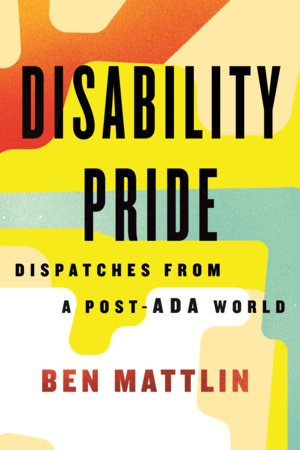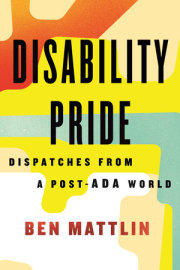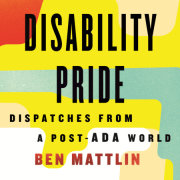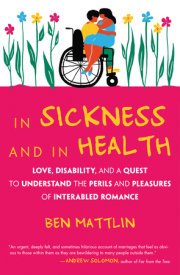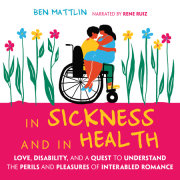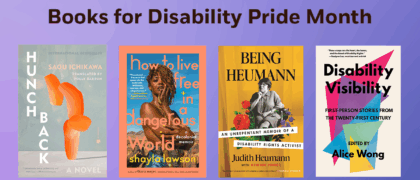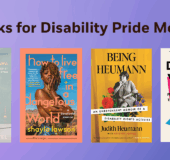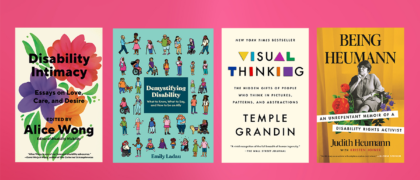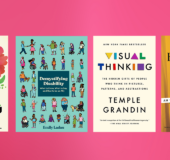INTRODUCTION
Too Defiant?
PART I: THE ADA GENERATION GROWS UP
CHAPTER 1
Creating Rights
CHAPTER 2
Successes, Disappointments, and Shortcomings
CHAPTER 3
What Is Pride—And Why Does It Matter?
CHAPTER 4
Disability Studies and the Afterlife of Cultural Icons
PART II: PRESENTATION AND REPRESENTATION
CHAPTER 5
Neurodiversity and Autistic Self-Advocacy
CHAPTER 6
Disability Justice
CHAPTER 7
Visibility, Community, and Context
CHAPTER 8
The Politics of Beauty
CHAPTER 9
Casting and Miscasting
CHAPTER 10
What’s So Funny About Disability?
PART III: THE CONTINUING EVOLUTION OF DISABILITY ACTIVISM
CHAPTER 11
Health-Care Disparities: Lessons of COVID-19
CHAPTER 12
Not Dead Yet vs. the Right to Die
CHAPTER 13
“Easy to Get In [but] Impossible to Get Out”: The Struggle for Deinstitutionalization and Medicaid Dollars
CHAPTER 14
Sparks of Activism Everywhere
EPILOGUE
Trending or Truly Empowering?
Acknowledgments
Notes
Indes

